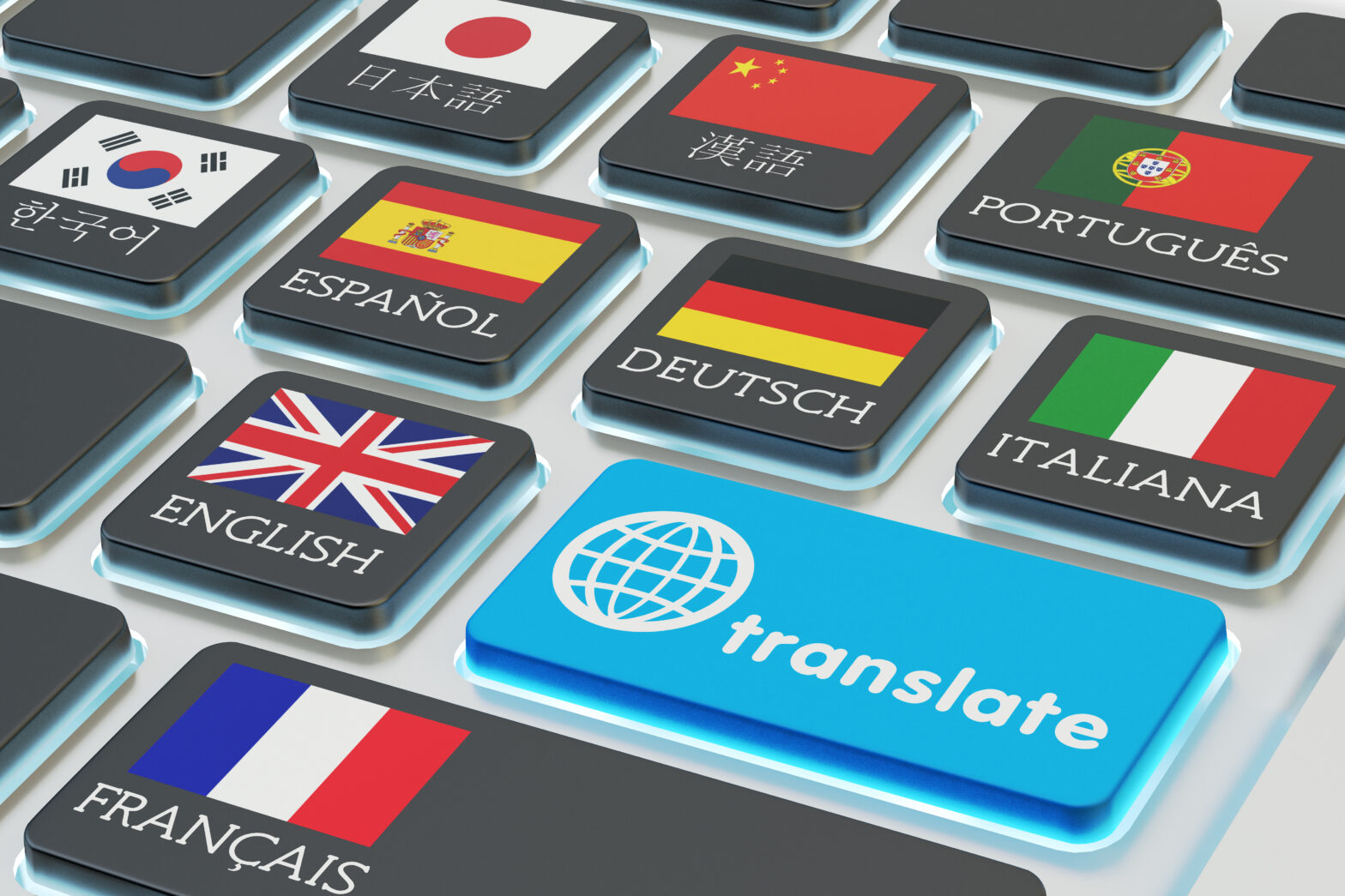With more companies expanding globally, having a multilingual workforce has become a critical success factor and businesses are taking action to provide employees with language learning resources, according to a new report released today by Forbes Insights, Best in Class: how enterprises succeed with language learning programs.
Businesses with multilingual teams report seeing a positive impact across various areas, such as improved reputation within specific geographic markets and on a global scale. Employees also reap the benefits of language proficiency with improved performance, confidence and increased engagement at work.
‘As companies look for a competitive edge in an increasingly globalised environment, it’s clear that multilingual employees offer their employers incredible value in multiple facets of their business,’ says Bruce Rogers, chief insights officer at Forbes Media.
‘Whether you’re operating nationally or internationally, communication is the key to success and it’s critical that business leaders take action to overcome language barriers.’
Conducted in conjunction with Rosetta Stone Inc., the report shows that a multilingual workforce also plays a role in the overall perception of a company in the marketplace. At the C-Level, the value of language learning is clear, with 92 per cent of executives surveyed indicating that the entire company realises the benefits of language training, though businesses in the customer service, travel and hospitality sectors are more likely to report this than other industries.
Departments that see the most tangible and significant benefits from multilingual employees include sales, marketing, and customer service. Language training has the added benefit of also providing improved career prospects for current employees while attracting future talent.
‘Companies want people who can communicate in multinational teams in different languages,’ says Dr. Ben Voyer, L’Oreal professor of creativity marketing at ESCP Europe Business School in London.
‘This shows that people are prepared and capable of understanding the viewpoint of others.’
In business, gaps in communication have a real impact on the bottom line. According to the report, miscommunication could have a direct impact on expansion and profitability. For example, an unsuccessful interaction with a customer could end a relationship, or a failed conversation with a supplier or key partner could have serious financial or strategic implications.
Companies know that expanding their operations and influence globally requires a workforce that can communicate effectively in multiple languages. And there is a clear market opportunity here for companies that provide language learning services, as two-thirds of business executives surveyed report that less than 50 per cent of their employees have professional proficiency in more than one language; 36 percent reported less than one in ten multilingual employees.
This indicates that companies are underserving their employees and that the current state of language learning is ripe for disruption.
Key findings
Successful learning aligns with organisational goals
Companies that build language training into employee development plans and track KPIs are twice as likely to successfully link language learning goals to the organisation’s strategic priorities
Opportunity awaits
The proliferation of online learning is prompting organisations to rethink traditional learning approaches and adopt technology-based models for training and development.
Language training must become part of the corporate culture. While companies understand the necessity of language learning, incorporating it into the corporate culture remains a challenge.
Management is seeing results
Nearly 60 per cent of mangers cite improved customer feedback as the area most impacted by employees participating in language learning programmes. Performance improvement and more confidence also ranked high at 46 per cent and 51 per cent, respectively.
‘In order to thrive in today’s global marketplace, we need to make sure employees are equipped with the resources and skills they need to succeed,’ adds John Hass, chief executive officer, Rosetta Stone.
‘We’re seeing more and more global businesses recognise how imperative a multilingual workforce is and the clear need to provide employees with training that not only benefits the company, but improves employees as well.’





